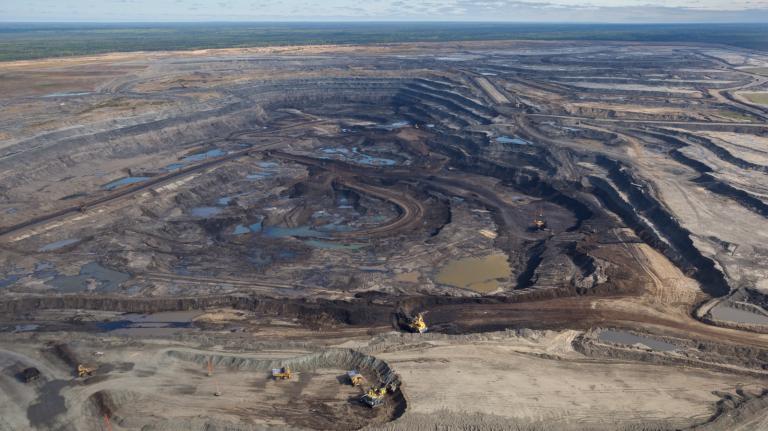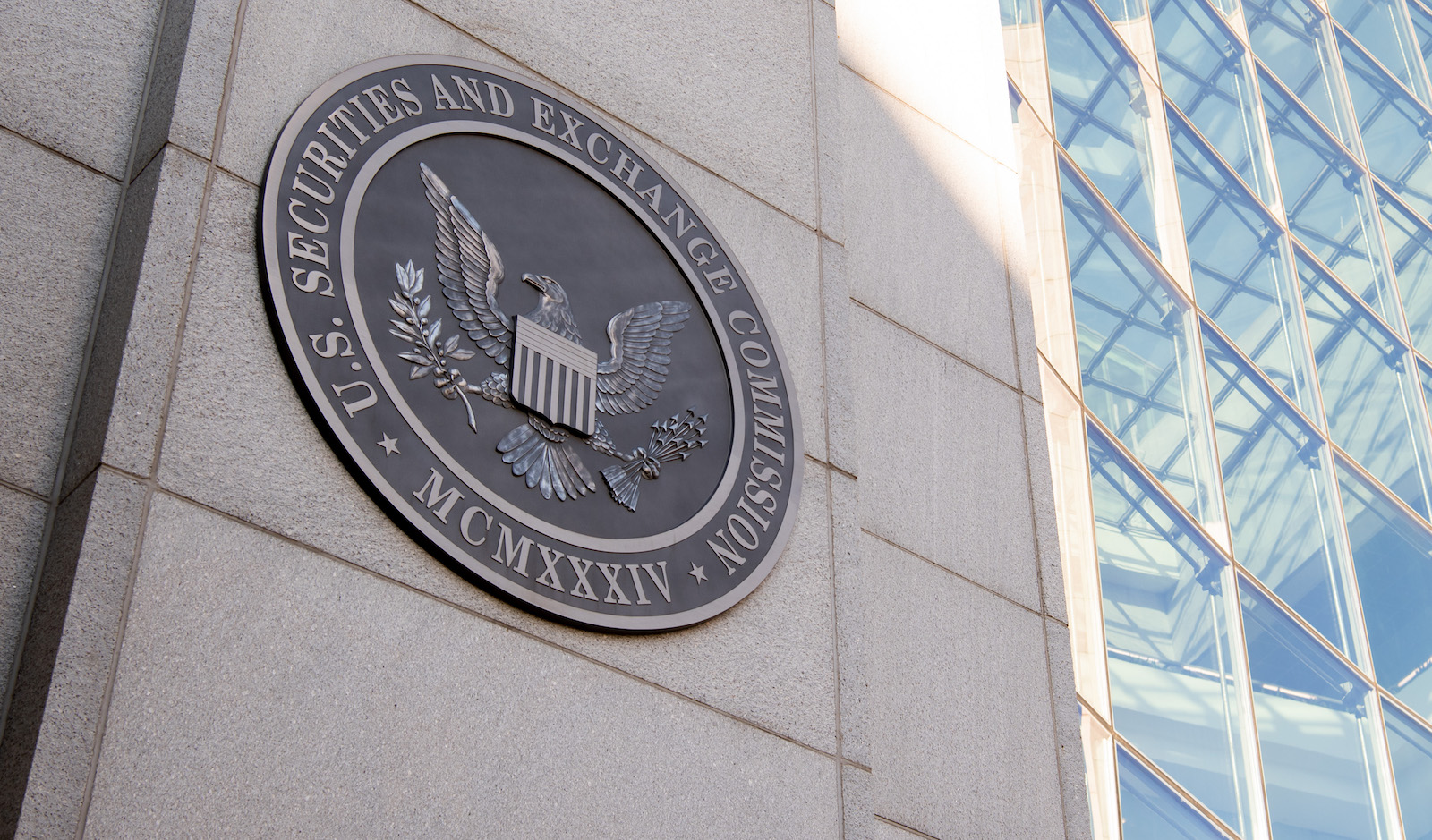Labels like “carbon neutral” and “climate positive” can make it seem like some brands have climate action all figured out. But anyone who tries to look behind the curtain at what companies are actually doing to cut emissions will find a more complicated reality. There are no standards for how companies should account for or report their emissions, making comparing one company or product to another nearly impossible.
The federal government is on the verge of issuing a pivotal rule that could address this issue. In March, the Securities and Exchange Commission, or SEC, an independent federal agency that ensures that publicly traded companies are not misleading investors, proposed new requirements for “climate-related disclosure.”
The rule would force companies to disclose how climate-related risks could affect their business in filings to the SEC. Companies would also have to provide standardized emissions data and list any plans to cut emissions or otherwise transition their business strategy in response to climate change. An extended public comment period for the rule closed on Friday, and the SEC will now review the comments before issuing a final rule in the fall.
The key motivation behind the rule is to ensure that investors get access to better data to understand how risky certain investments might be and what companies are doing to address climate-related risk. But since part of that equation is sharing emissions data, the rule could improve transparency for anyone who wants to follow how companies are helping or harming the climate and hold them accountable. Many groups that track corporate climate action weighed in during the public comment period, urging the SEC to close potential reporting loopholes.
Exactly which data must be collected and how to report it were key points of controversy in the public comments, particularly for so-called “scope 3” emissions. These are emissions that a company does not directly control, like those associated with a product’s supply chain or with the use of the product. Across many industries, from oil and gas companies to fashion brands to other consumer goods, scope 3 emissions are often the bulk of the problem. BP may emit some carbon when it drills for oil or refines it into gasoline, but the company’s biggest contribution to climate change is when you or I burn that gas in a car.
The draft SEC rule requires that larger companies report their scope 3 emissions when it is “material” or if they have already set a goal to reduce scope 3 emissions. Legal experts say “material” means there is “substantial likelihood that a reasonable investor would consider them important when making an investment or voting decision.”
In public comments, some business groups, including the fossil fuel industry giant the American Petroleum Institute, opposed the scope 3 requirements, in part because these emissions are the hardest to measure and report accurately. But climate groups asked the SEC to strengthen them.
“The SEC shouldn’t allow companies to decide on their own if their Scope 3 emissions are ‘material,’ as currently proposed by the rule,” said Mattea Mrkusic, the policy lead at the climate advocacy group Evergreen Action, in a statement. “Such a self-determined process would lead to companies underreporting emissions.”
Joint comments from Public Citizen and Sierra Club, among others, said that the SEC should make scope 3 disclosure mandatory for all companies and require they be independently verified.
Even some companies were supportive, including Apple, which acknowledged the challenges of measuring scope 3 emissions, but said “they are essential to understanding the full range of a company’s climate impacts.” The company already claims that it is carbon neutral across its own offices and data centers, and it has a goal to achieve the same across its supply chain and products by 2030. Most recently, the company took steps to increase recycled materials in its devices.
The SEC is now supposed to take the public comments into account before wrapping up the rulemaking process. Once finalized, the new rule could represent one of the federal government’s biggest accomplishments on climate during President Joe Biden’s term after his “whole of government” approach to tackling climate change has been thwarted at almost every turn. His clean energy agenda has been stalled in Congress ever since Senator Joe Manchin of West Virginia refused to sign on to it last December. Biden’s promise to reinstate and strengthen former President Barack Obama’s Clean Power Plan, a regulation limiting greenhouse gas emissions from power plants, is set to be undermined by a conservative Supreme Court.
The new SEC rule is likely to suffer the same fate, with many speculating that it will be quickly challenged in court. But even the prospect of the rule could exert pressure on companies to prepare to comply.
This story has been updated to clarify that the SEC is an independent agency.




